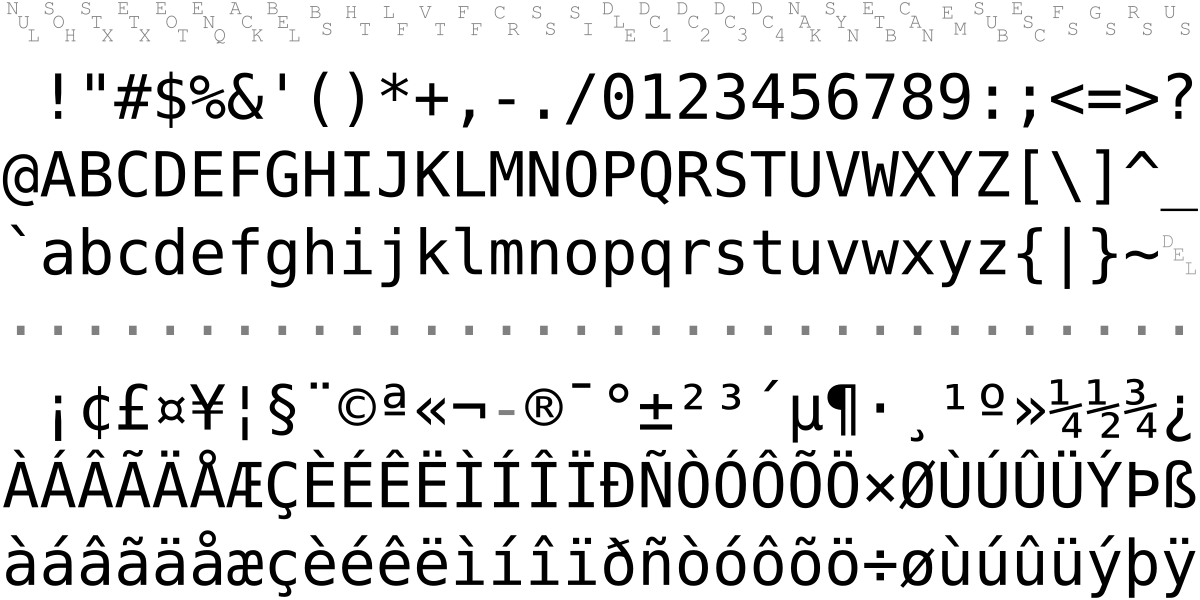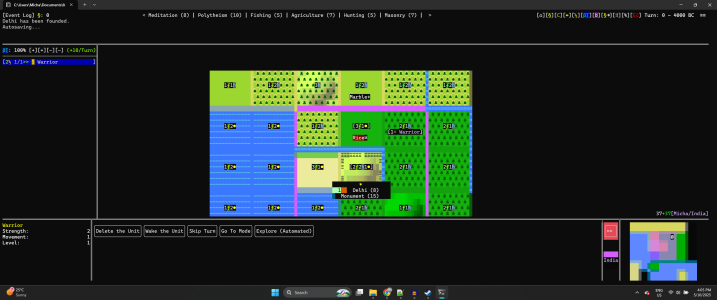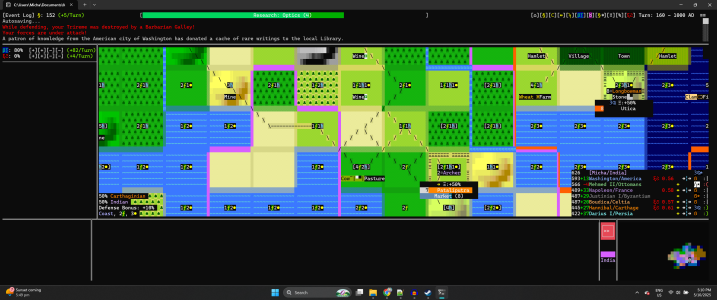snowern
Warlord
- Joined
- Aug 5, 2017
- Messages
- 165
Wait, this is ISO-8859-1, so it should be decodable as UTF-16, right?

 en.wikipedia.org
en.wikipedia.org

 en.wikipedia.org
en.wikipedia.org
 en.wikipedia.org
en.wikipedia.org
Civ4 wouldn't let me type in other characters, like € from Windows-1252.

Windows-1252 - Wikipedia

ISO/IEC 8859-1 - Wikipedia
Latin-1 Supplement - Wikipedia
Civ4 wouldn't let me type in other characters, like € from Windows-1252.



